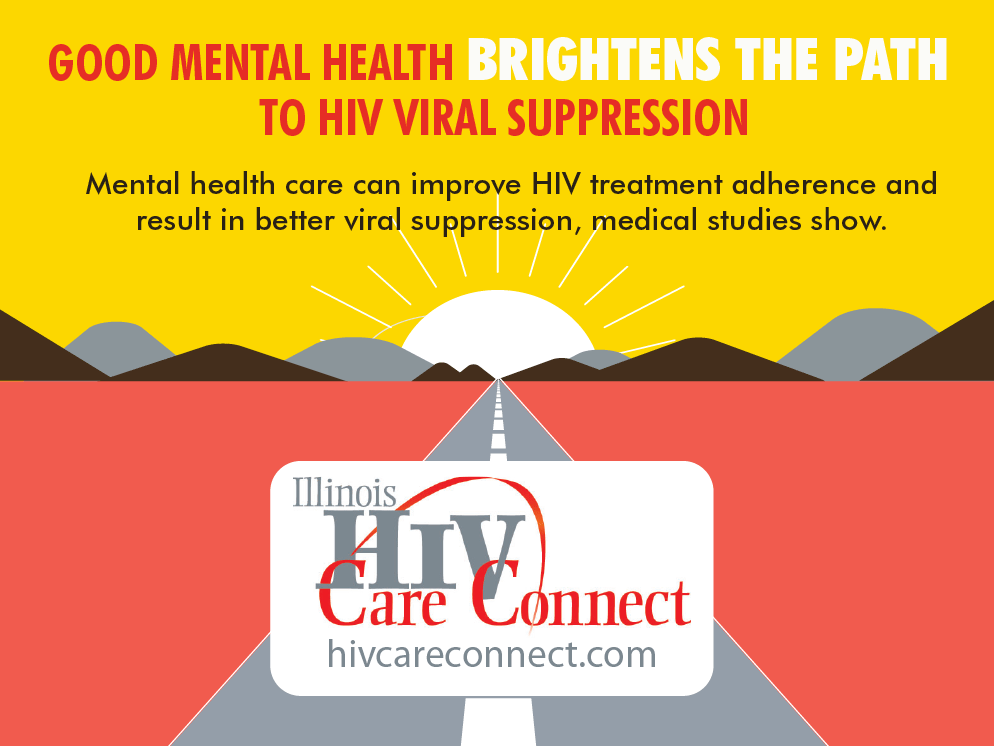Mental health problems are not caused by “personal weakness.” Most are caused by a combination of family history and environmental, biological and psychosocial factors.
Common factors include:
- A family history of mental health problems and other genetic factors.
- Stressful life events, including trauma, sexual and physical abuse, neglect and illness.
- Psychological factors such as unhealthy thinking patterns and trouble managing feelings.
In addition, some forms of stress are particular to people living with HIV, including:
- Having trouble getting needed services.
- Experiencing a loss of social support, resulting in isolation.
- Having difficulty disclosing their HIV-positive status and possibly facing stigmatization or discrimination.
- Going through changes in physical appearance or abilities due to HIV.
- Managing HIV medicines.
A mental health condition may be present before an individual is diagnosed with HIV. The condition may be first seen after an HIV diagnosis, or it may be directly or indirectly caused by the progression of the disease.
Can the medications I’m taking for HIV, or the HIV virus itself, affect my mental health?
Taking anti-HIV drugs, known as anti-retroviral medications, can affect your mental health in a positive or negative way. These drugs may relieve anxiety because you know that taking them can help you live a healthier and longer life. However, these medications also can cause a variety of symptoms, including depression, anxiety and sleep disturbance, and may make some mental health issues worse. In addition, your anti-HIV medications may have adverse interactions with other prescription or over-the-counter medications that you take. Be sure to tell your health care providers about other medications you are taking.
The HIV virus itself also can contribute to a mental health condition. If your immune system is damaged by HIV, your nervous system may become prone to infections, which can lead to changes in your behavior and functioning. Other disorders, ranging from mild cognitive changes to more severe conditions such as dementia, are associated with advanced HIV disease.
Help in an emergency:
If you are experiencing emotional distress and have suicidal thoughts, call the National Suicide Prevention Lifeline at
1-800-273-TALK (8255).
Help in a non-urgent situation:
If you feel you are experiencing the symptoms of a mental health condition, schedule a time to discuss your feelings with your health care provider or Illinois HIV Care Connect case manager. If you are not yet enrolled in Illinois HIV Care Connect, you may enroll through seven different regional offices.
Learn more about viral suppression – the key to living healthy with HIV



